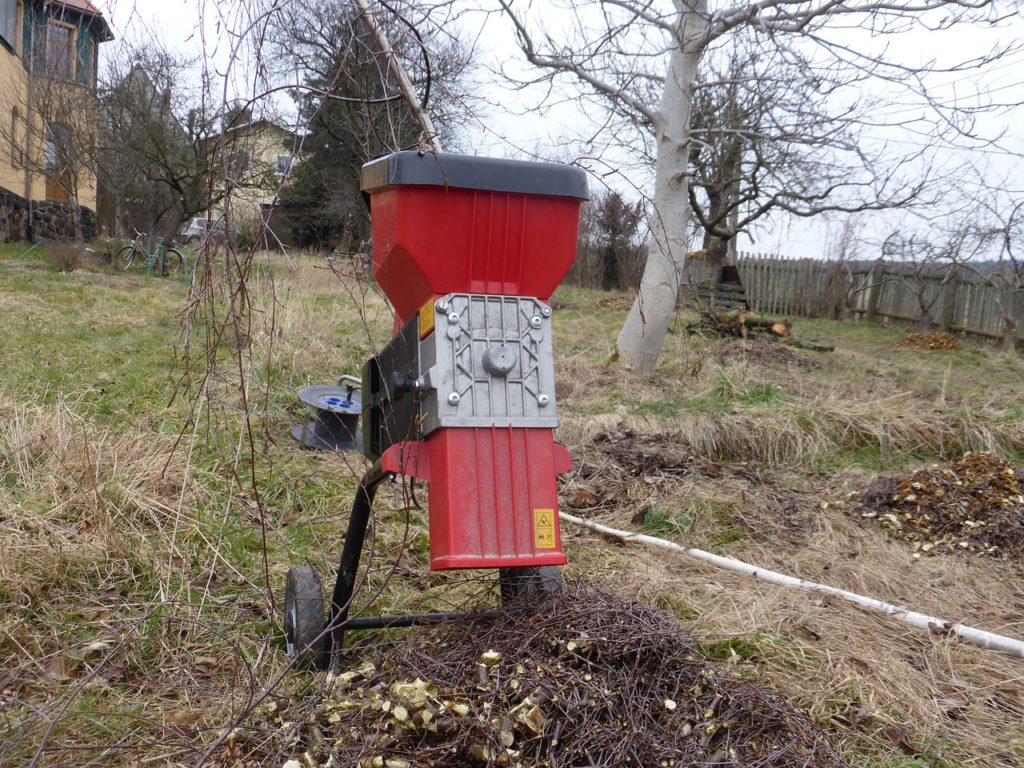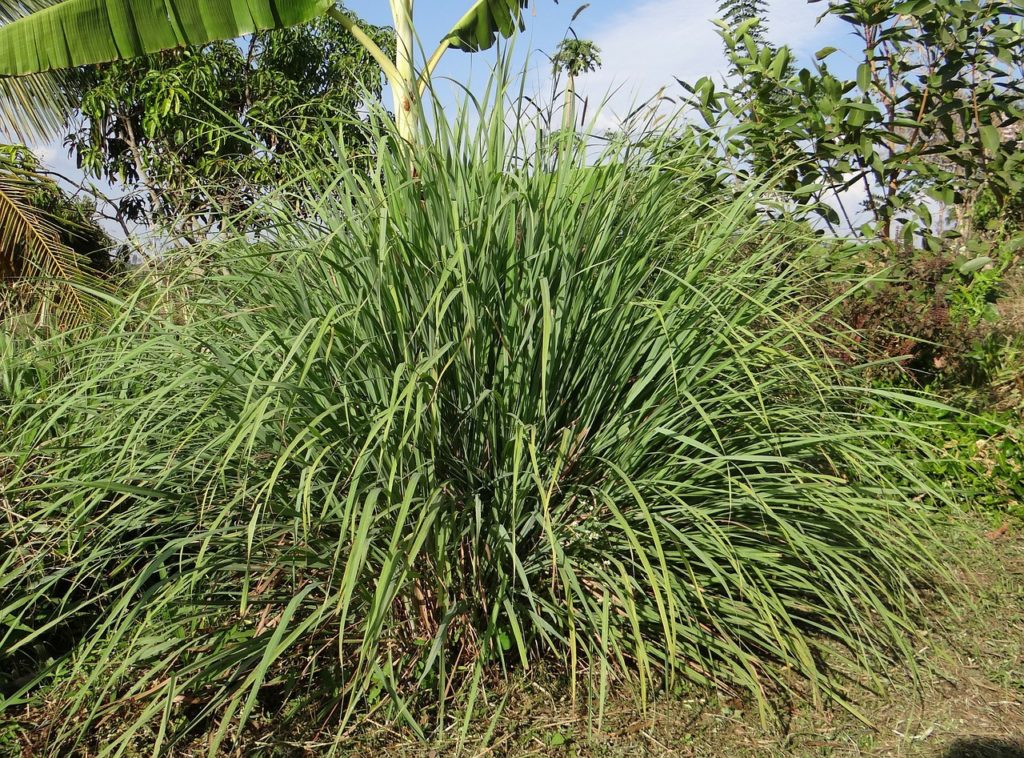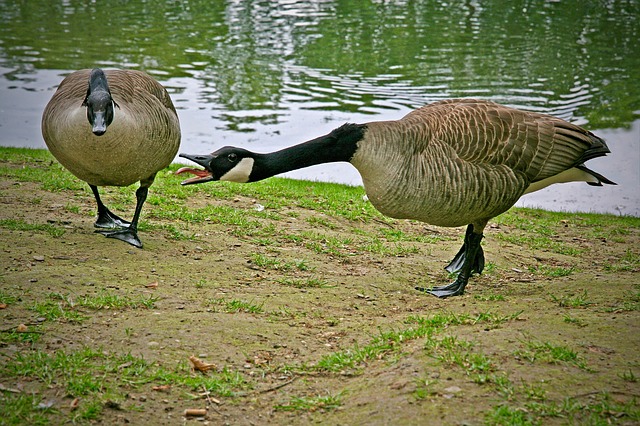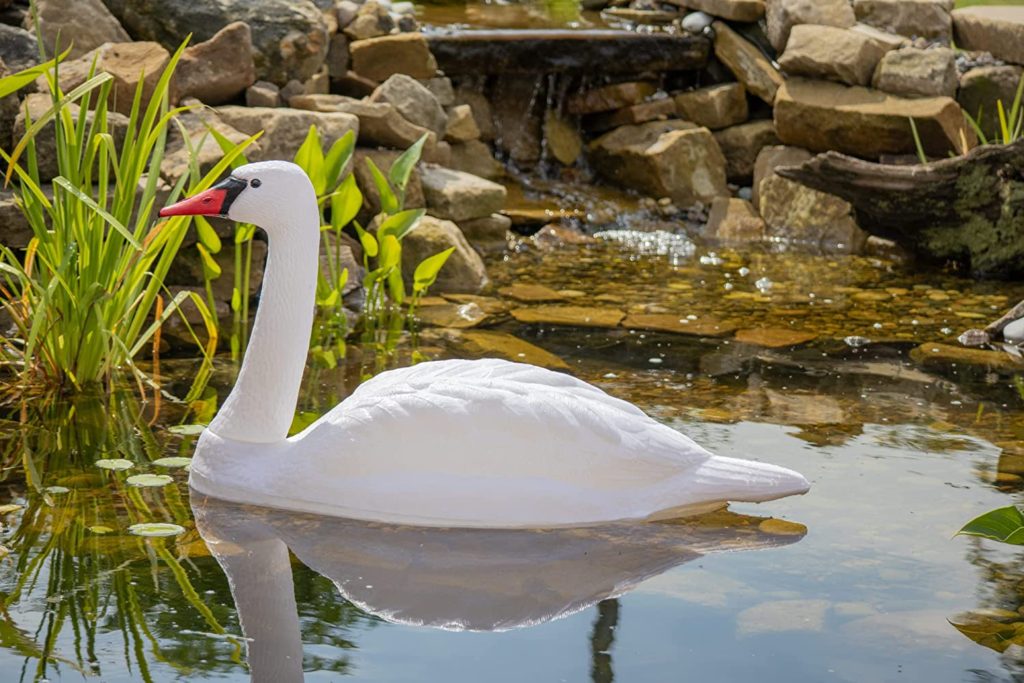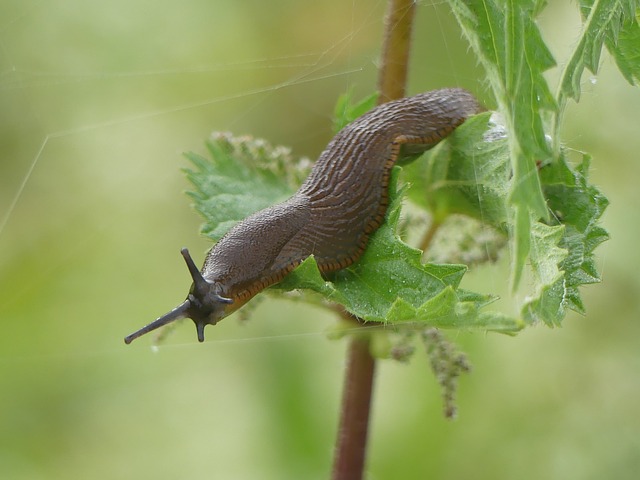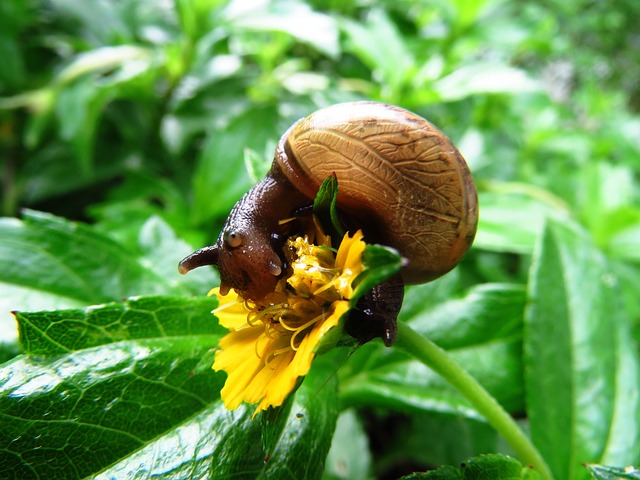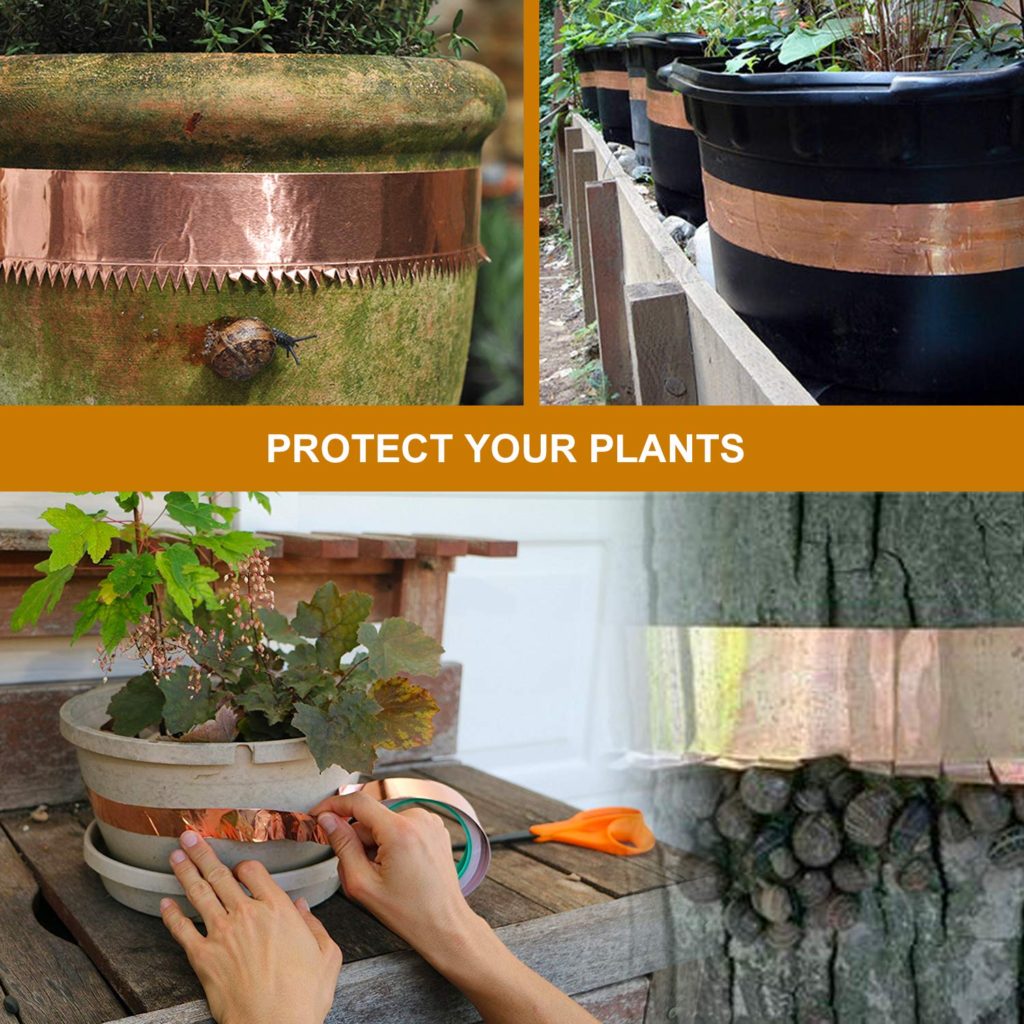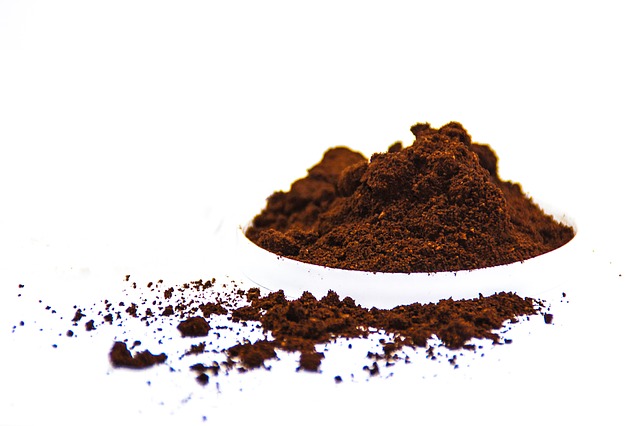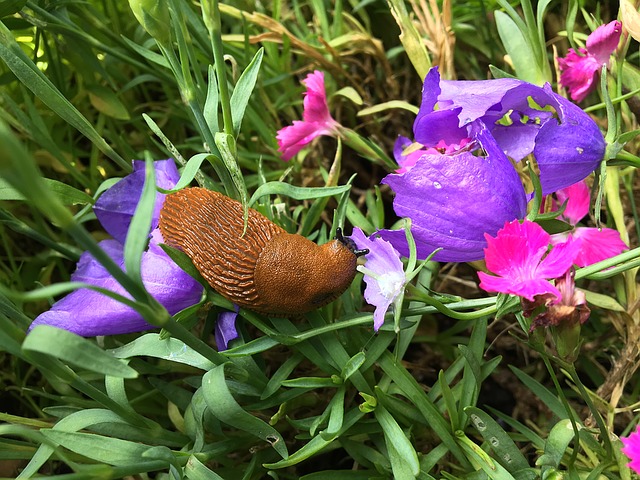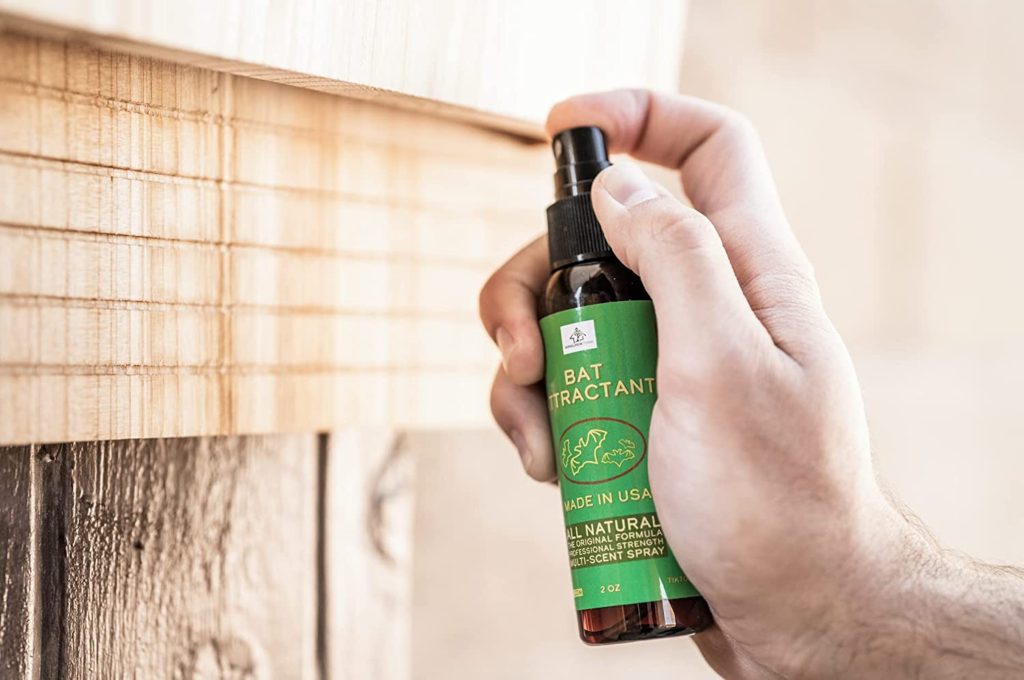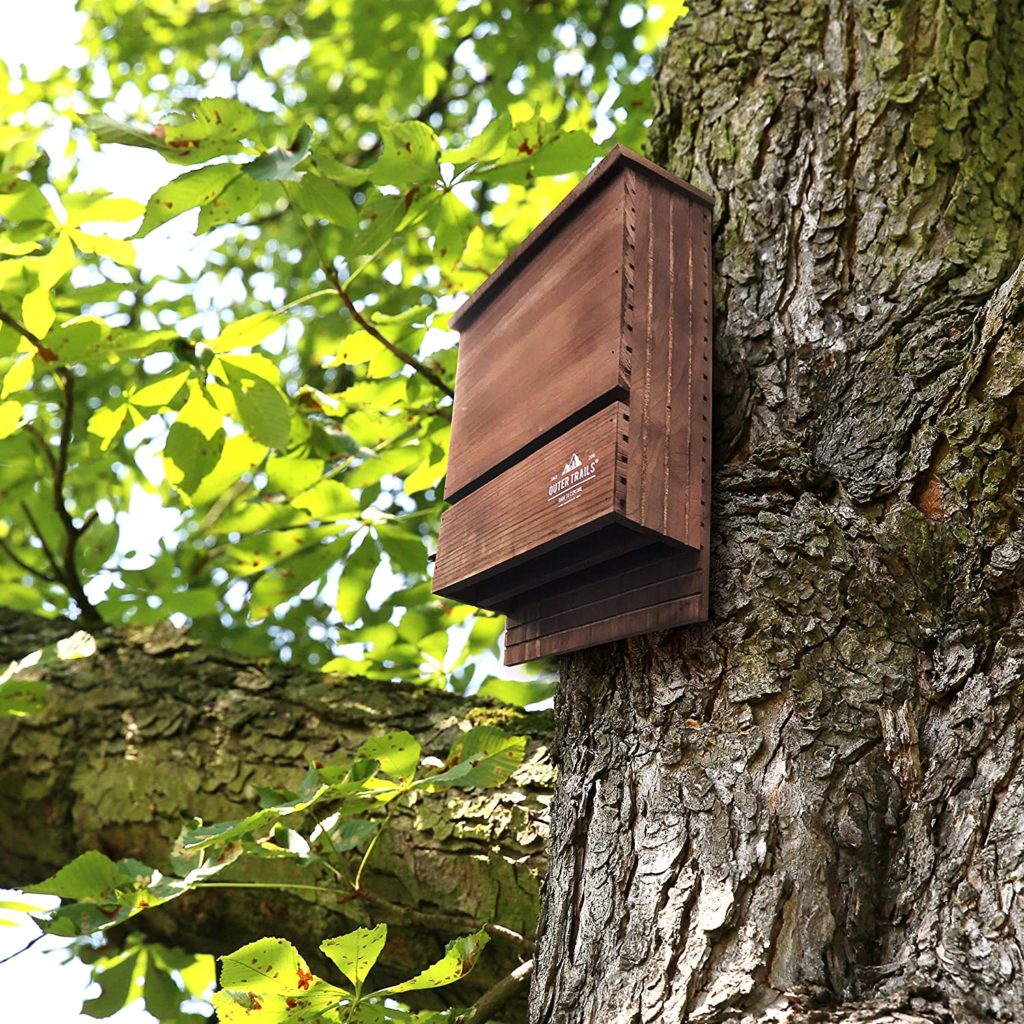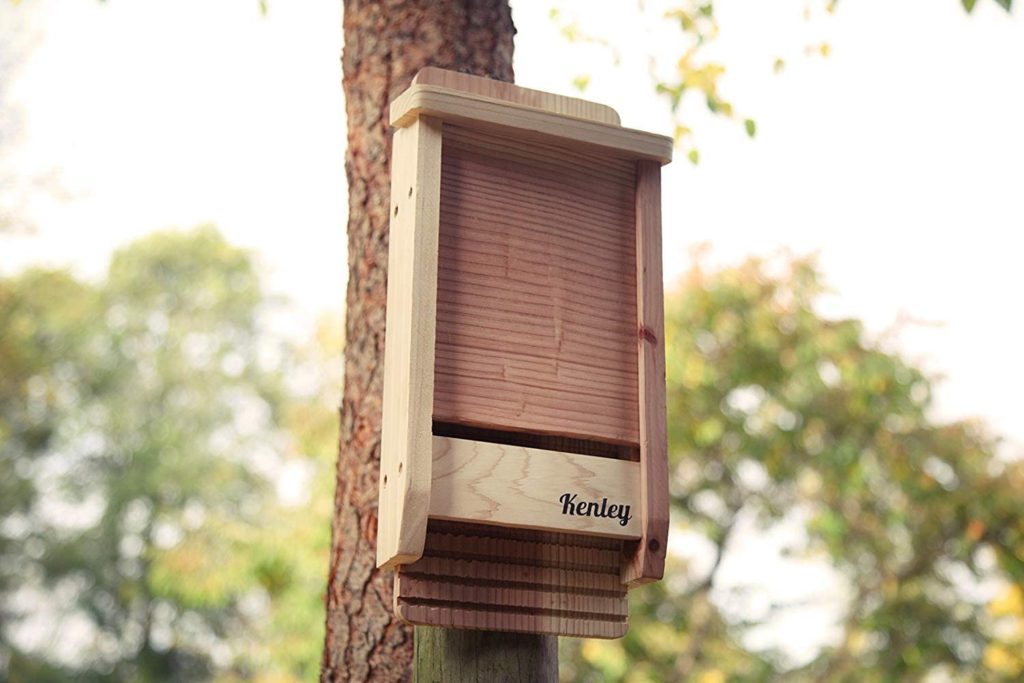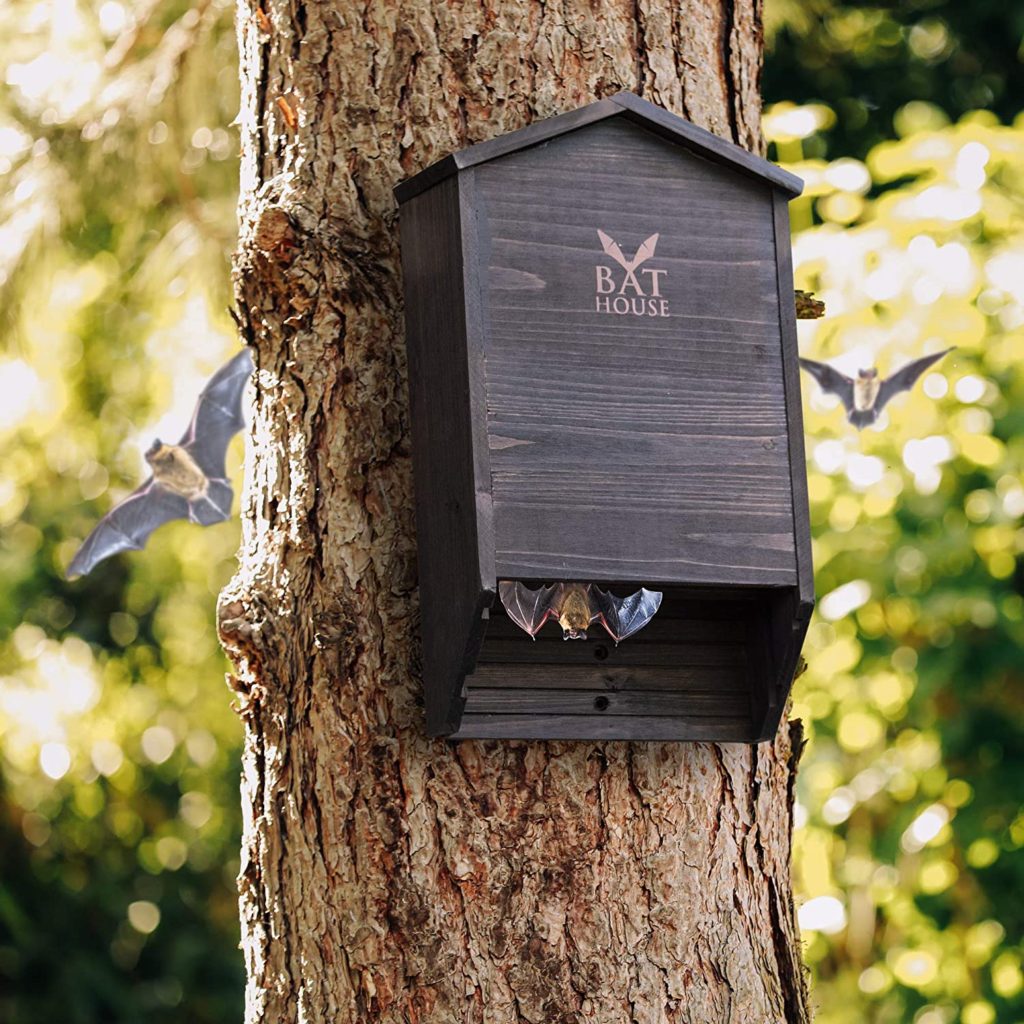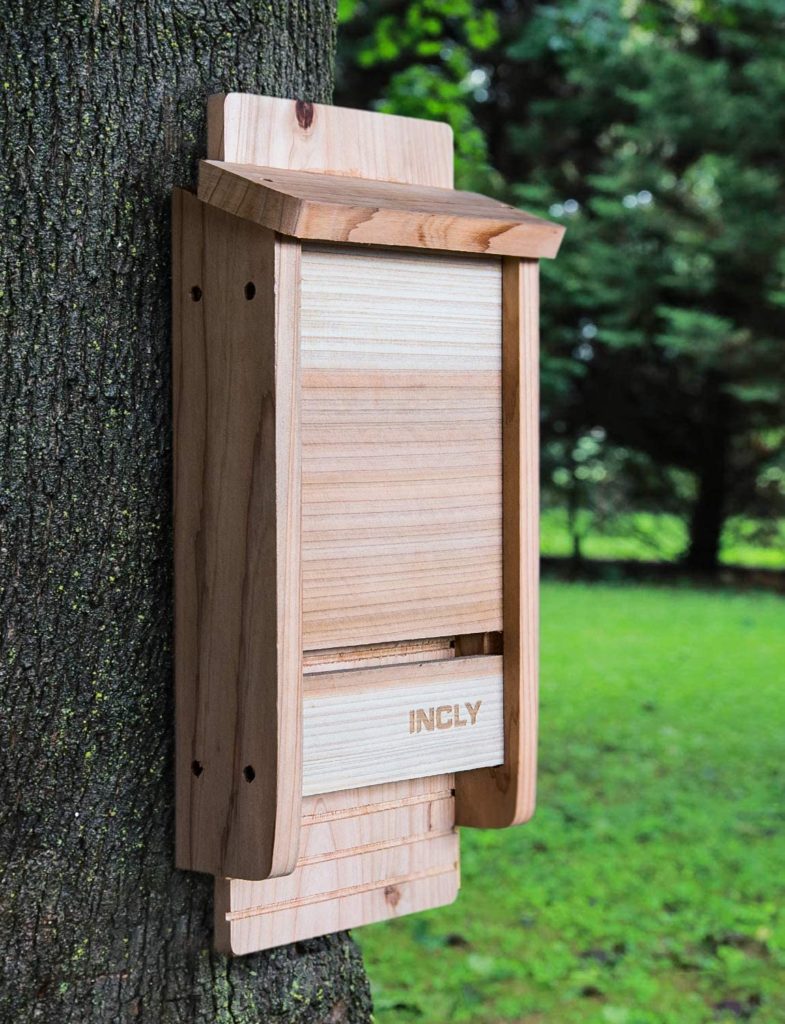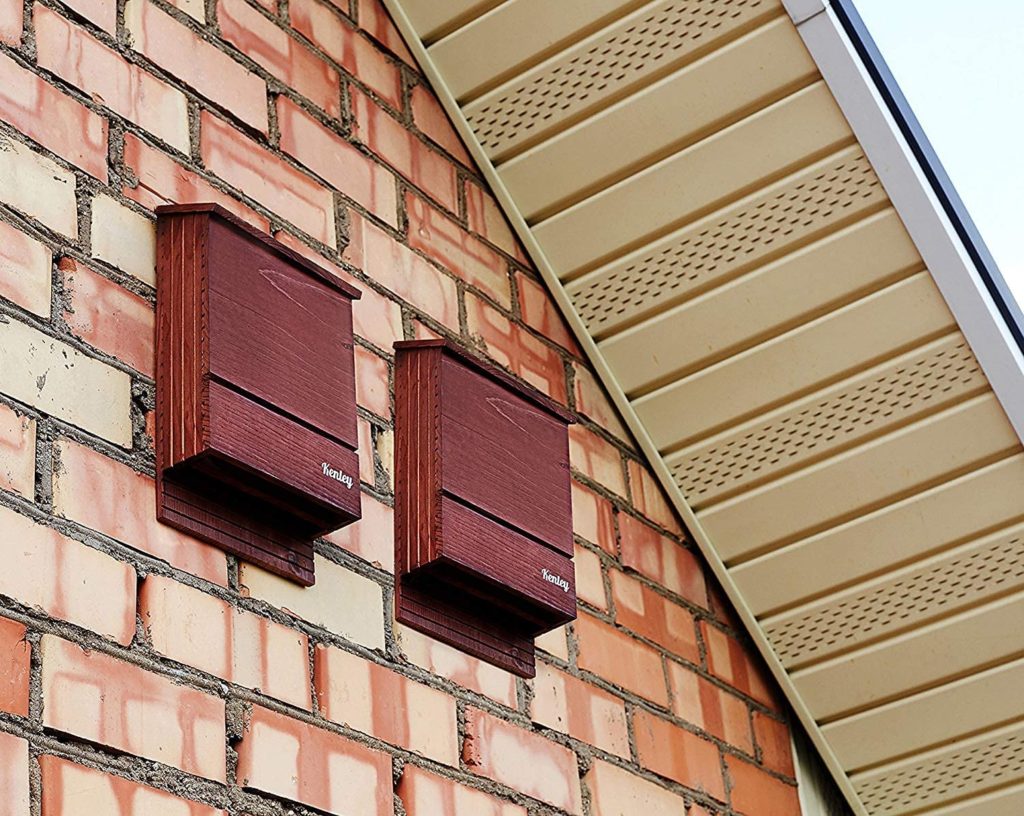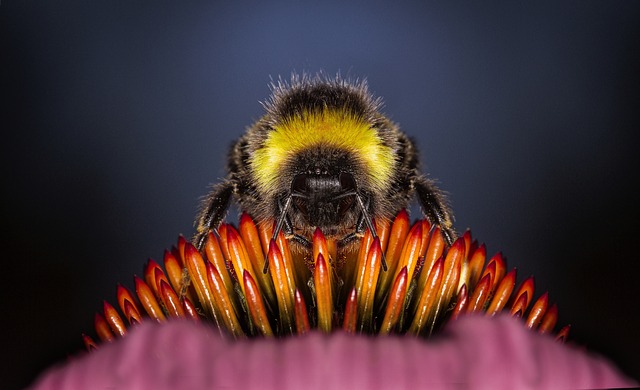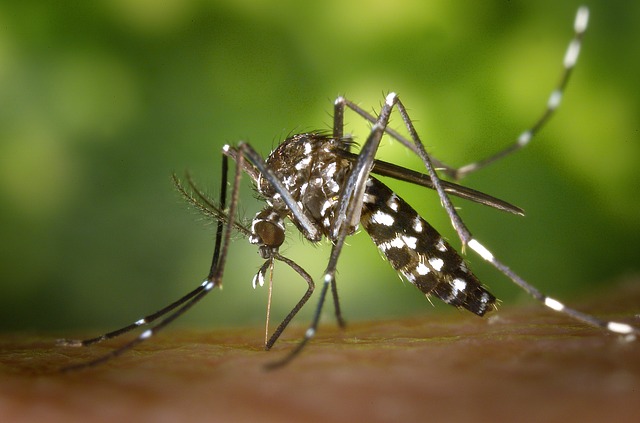
Summer is fast approaching, which means it’s time to plan out all the fun outdoor activities in your garden. Whether that’s having a barbecue, starting a vegetable patch, or chilling in an outdoor pool, summer is the perfect time to take advantage of your garden and patio spaces. Unfortunately, it is also the time when pests are at their most menacing. Sweating at the thought of blood-sucking mosquitoes or invasive stink bugs entering your yard? Here are some great ways to pest-proof your garden using natural methods.
Attract Natural Predators
What better way to get rid of pests than having an army of predators do the job for you? Natural predators may include specific types of birds like owls, amphibians like frogs, or even mammals like hedgehogs. It ultimately comes down to what species are native to your area and the type of pests that frequent your backyard.
You might want to even consider purchasing insects like ground beetles and ladybugs. They are known as beneficial insects because they help control the pest population and for the most part leave you or your garden crops alone. You may want to consider providing a place to live to attract some natural predators.
Owls like to shelter and roost on dense, mature trees that are nicely shaded. If no such trees exist then a good alternative is to set up an owl nest box in the corner of the garden. Owls will not just help to rid your backyard of pesky bugs but all types of furry rodents as well.
Clear Up Debris
Don’t allow the pests and rodents to get cozy. Piles of debris and weeds could provide the perfect environment for pests to live and breed in. If you live in a place that gets plenty of rain you’ll want to examine your outdoor space and make sure to clear away any wet foliage and standing water which again could act as a breeding ground for pests like mosquitoes, fleas, and ticks.
Wet environments may also drive pests like roaches indoors. Examine your patio space and make sure there are no crevices or holes along the wall for the insects to sneak through.
Grow Pest-Repelling Plants
Consider forming a natural barrier around your garden by growing pest-repelling plants. A lot of plants naturally produce essential oils that repel pesky insects. These types of oils are often extracted from plants like lavender, citronella grass, and chrysanthemums. Strangely enough, the scents we find fragrant from these plants may repel pests like fleas and mosquitoes.
Other popular pest-repelling plants include basil, lemongrass, mint, and rosemary. The benefit of these plants is that they can serve additional purposes. For example, if grown organically, herbs like basil and rosemary can be used in the kitchen.
Natural Powders
There are other natural solutions you can use to control pests. One of the most effective is food-grade diatomaceous earth. This white powder is made from the fossilized remains of single-celled algae. We won’t notice it because they are microscopic but diatomaceous earth has razor-sharp edges that could pierce the protective layer of an insect’s exoskeleton.
Eventually, the piercing effect would cause the bugs to dehydrate and die. If you start to notice a surge of pests appearing on your patio then consider applying diatomaceous earth around high-traffic pest areas. In addition to diatomaceous earth, you might want to consider other natural ingredients like cinnamon, baking powder, and garlic.
Cinnamon, for example, is a great natural repellent for ants. A few studies suggest ants do not the like strong scent of cinnamon and the way it affects their sense of direction. The chemicals found in cinnamon, such as cinnamaldehyde, have also been noted as having a repellent effect on ants.
As you can see, chemical pesticides are not the only solution for controlling pest problems in garden and patio spaces. Going the natural route is always preferable since you, your family, and your pets won’t be exposed to any hazardous chemicals.
Start Shopping for Pest Deterrents!
Common Pond Pests And How To Deal With Them
While there are many benefits to owning a pond, one of the drawbacks is dealing with pests. And whether big or small they can definitely be a nuisance. Here are some of the most common pond pests you’re likely to encounter along with the basics on how to deal with...
The Complete Swan Decoy Guide
Buy on Amazon Geese and ducks can be a huge problem for anyone who owns a pond, pool, or even lawn. A swan decoy can help to keep these pests away so you don’t have to deal with them and the mess they leave behind. Here is everything you’ll need to know about swan...
What Direction Should A Bat House Face?
Buy on Amazon Bats are very particular when it comes to whether or not they will move into a bat house. One of the most important factors is the temperature inside, which will be strongly influenced by the direction that the house is facing. So what direction should a...
Does Copper Tape Stop Slugs?
Does copper tape stop slugs? The answer is yes. And you can use this simple solution to keep your plants safe from those slimy plant-eating pests. Repel Slimy Garden Invaders Without Harm Despite being relatively small and very slow-moving, slugs can do a lot of...
When To Put Up A Bat House
Buy on Amazon Bats can be a big benefit to your yard. But they can be picky when it comes to where they actually decide to roost. Knowing when to put up a bat house can help to tip the odds in your favor. Basic Seasonal Bat Behavior Many people don’t realize that in...
The Best Advantages Of Using Copper Tape For Snails
Snail damage is no laughing matter, especially when you’ve put a lot of time and effort into your garden. Most people don’t realize that by simply adding copper tape snails can be quickly deterred from eating your plants. And here are the best advantages of using this...
Copper Tape For Slugs
Buy on Amazon As any gardener knows, slugs can be highly destructive to a wide range of plants. But you don’t have to use baits or chemicals to keep these slimy pests from ruining your garden. By using copper tape slugs will stay away from your precious plants...
How To Use Coffee Grounds For Snails
You don’t have to kill those annoying garden snails in order to keep them from eating your plants. In fact, you can use your morning coffee as a non-lethal weapon against them. When they come into contact with your coffee grounds snails will turn right around and...
How To Use Coffee Grounds For Ants
There are endless sprays and poisons you can use to get rid of ants. However, you won’t have to look any further than your morning cup of coffee if you’d like a repellent that doesn’t contain any harmful chemicals. By using coffee grounds ants will stay away and kids...
How To Use Coffee Grounds For Garden Pests
While the majority of humans enjoy coffee, not all animals find it so appealing. In fact, when they encounter coffee grounds garden pests are often repelled by them, and that’s a good thing. So here are the critters you can expect to keep out of your garden when using...
Coffee Grounds For Slugs
Slugs can be a big problem, yet most people don’t realize that the waste produced from their morning cup of coffee can be used help to protect their plants from these slimy pests. When they encounter your coffee grounds slugs will make a hasty retreat. So here’s...
Coffee Grounds For Mosquitoes
There are countless options available to keep mosquitoes away, many of which contain harmful chemicals. Most people don’t realize that the grounds used to make their morning coffee can also function as an all-natural repellent. Here’s what you’ll need to know to use...
Using Coffee Grounds To Deter Cats In The Garden
While cats can be loving pets, in the garden they often can be pests. Fortunately, you can use coffee grounds to deter cats. Not only can they help to keep cats away from your plants but they’re also totally safe. Cat Problems 101 Unfortunately for gardeners, cats...
Bat Attractant: The Secret Weapon For Bat House Success
Buy on Amazon Purchasing a bat house is easy, however, having a colony of bats take up residence inside it is sometimes another story. To tip the odds in your favor using bat attractant can help. Here’s what you’ll want to know when considering using it. Bat House...
How To Attract Bats To Your Bat House
Buy on Amazon Having bats in your yard offers many fantastic benefits. So it’s no wonder that more and more people are installing bat houses in an attempt to get them to stay. However, you’ll first need to know how to attract bats to your bat house if you want them to...
What Does A Bat House Look Like?
Buy on Amazon Bat houses are shelters made specifically for bats. These flying mammals have special needs that houses are designed to meet. So what does a bat house look like? Well, read on and find out! Bat House Designs Houses for bats actually look like boxes. For...
What Is A Bat House?
Buy on Amazon What is a bat house? And better yet, why would you want one on your property? These are both commonly asked questions. Whether you’re just curious or have always wanted to have bats in your yard here’s what you’ll need to know. Bats are nocturnal...
The Top Bat House Benefits
Buy on Amazon A bat house is a specially designed shelter for bats. It provides them with a safe and convenient place to sleep. While they are great for the bats, there are many bat house benefits you can enjoy as well when you have one in your yard. Keep Bats Out Of...
Where To Put A Bat House
Buy on Amazon Where to put a bat house is an important decision. If it’s not in an appropriate spot, you may be putting your resident bats in danger. Or you may end up with an empty house since no bats are interested in living in it. So you’ll need to know a few...
Beneficial Garden Insects And Creatures Often Confused For Pests
There are many animals that we consider to be pests. However, many of them actually perform critical tasks and help to control the populations of much more devastating species. The following beneficial insects and creatures are ones you’ll want to keep around....
